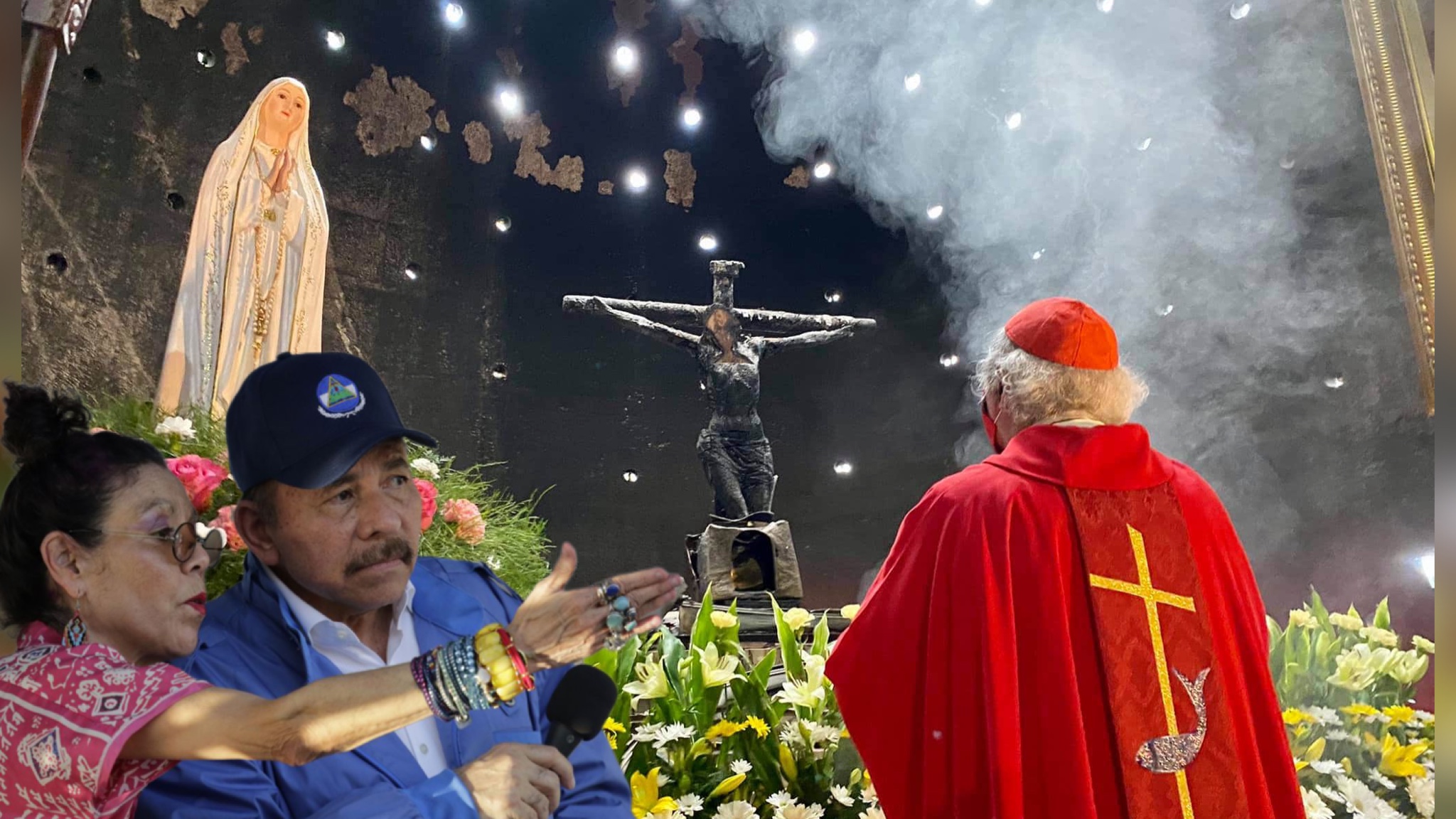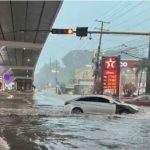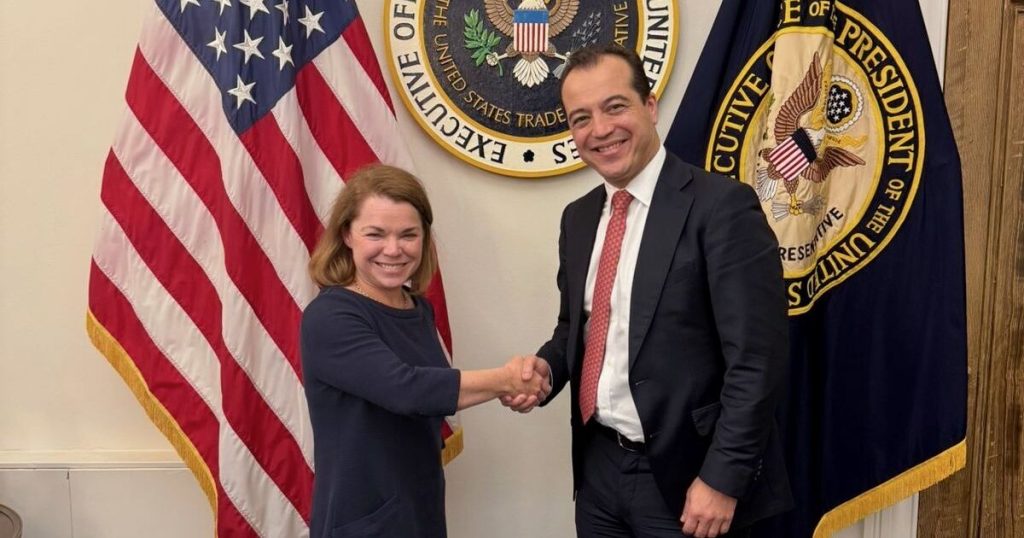The repression against the faith in Nicaragua has not been an improvisation but a very well-crafted strategy on the part of the dictatorship to assume control of everything, even the conscience of the believers in the country, and for this they have developed a plan in four stages, which includes everything from the stigmatization of priests, death threats, physical attacks, confiscations, imprisonments, expulsions from the country, exile, banishment and denationalization, denounces the Nicaragua Never Again Human Rights Collective, through a report published this Wednesday, October 30.
The report, presented in Costa Rica, where the defense organization forced into exile works, summarizes the repressive actions of the Nicaraguan dictatorship, headed by Daniel Ortega and Rosario Murillo, and defines the process of religious repression in the country as a strategy developed in four stages, which escalated until the Catholic, Evangelical and Moravian churches were subjected to repression, the Catholic religious leaders were mainly reduced to silence and the parishioners were plunged into terror.
The stages of religious repression
The first: It began in April 2018 and extended until March 2019. It was characterized by the carrying out of stigmatization and disqualification campaigns against priests, nuns and religious or lay people, an example of this were the offenses committed against the bishops of the Conference. Episcopal Church of Nicaragua (CEN) whom the dictators Ortega and Murillo described as “coup plotters, murderers and satanists.”
This stigmatization process included accusations by official propaganda against religious leaders as “coup plotters who raise satanic and murderous sects.”
Along with these accusations, there were death threats and arrests against the bishops who denounced the serious violations of human rights and crimes against humanity perpetrated in Nicaragua.
«During this period, the then government official and former guerrilla Edén Pastora, known as Comandante Cero, in an interview on the official channel Channel 4 expressed that “the bullets go through the cassocks” in a clear death threat against the priests in Nicaragua. », recalls the report of the Nicaragua Never Again Collective.
Related news: Daniel Ortega and Rosario Murillo commit crimes against humanity against the church, say UN experts
The document also highlights that in this first stage, physical attacks against priests and members of the Catholic Church were recorded, such as the one that occurred on July 9, 2018 in the Minor Basilica of San Sebastián Mártir, in Diriamba, Carazo, another of the attacks against Religious freedom at this stage was the suspension of funds for parishes and religious activities, as in August 2018 where funds allocated to religious foundations with state support for more than 170 Catholic and evangelical institutions were cut. Due to this situation, several social assistance programs were cut, which included access to education, quality food, primary medical care, among other services provided.
The second stage: It began in April 2019 and was characterized by the beginning of the exile of priests and people linked to the Catholic Church, the increase in harassment, threats and arrests of Catholic parishioners, the siege of temples in activities commemorating the protest or murdered people, the closure of the first non-governmental organizations linked to the Catholic Church, the selective persecution of priests and physical attacks by third parties or FSLN sympathizers.
Among the actions of aggression against the Catholic institution, the report highlights that, between June 30 and August 2, 2020, at least eight desecrations of temples were recorded: to the Santa Rosa de Lima parish, in the city of León; La Asunción Church, in Ocotal; Our Lady of Perpetual Help Chapel, in Monimbó, Masaya; in the El Carmen chapel, located in Nueva Segovia, and the Immaculate Conception of Mary Parish, in los Brasiles, Managua. Only one person has been arrested for these crimes to date.
And among the most serious events, on July 31, 2020, the arson attack on the Managua Cathedral was recorded, where the image of the blood of Christ was cremated, a relic almost 400 years old and a symbol of the Nicaraguan Catholic faith.
“This incident was considered an attack since witnesses, including the secretary of the cathedral, mentioned that a man with an explosive device carried out the incident,” the summary mentions.
Related news: Ortega has committed four crimes against humanity against the Church in Nicaragua
Likewise, during this stage we learned about the first three priests who were forced to go into exile due to Sandinista repression: Juan de Dios García, from the church of San Marcos, Carazo; Carlos Abea Balmaceda, from the San Martín de Porres Church, in Nueva Guinea; and César Augusto Gutiérrez, from the church of San Sebastián, in the Monimbó neighborhood of Masaya.
Third stage: It was characterized by the breaking of diplomatic relations with the Catholic Church. The dictatorship expelled the apostolic nuncio, Monsignor Waldemar Stanislaw Sommertag, in March 2022. The Holy See was surprised by the fact.
“The Holy See has received with surprise and pain the communication that the government of Nicaragua has decided to withdraw the approval of His Excellency Monsignor Waldemar Stanislaw Sommertag, apostolic nuncio in Managua since 2018, requiring him to immediately leave the country after giving notice.”
“This behavior shows the contempt of the Ortega-Murillo regime, not only towards the Catholic Church as a religious institution, but also towards diplomacy or foreign policy,” says the defense organization.
During the third stage of the repression against faith in Nicaragua, there was an increase in the closure of media outlets linked to the Catholic and evangelical churches, universities and humanitarian associations linked to Catholicism, the expulsion of religious people and members of the Catholic Church. . In addition, there is a prohibition on entry into the country, retention or dispossession of passports of religious people. It is the largest repressive escalation.
The dictatorship increased the deprivation of liberty, judicialization and sentencing of priests as a method of religious persecution. «The religious became political prisoners, whose rights to individual freedom, personal integrity, right to due process, judicial guarantees and state protection were violated. Hearings, trials and sentences were carried out without reliable legal arguments, disproportionate sentences, as well as improper prison and police treatment of priests.
“Due to repression and acts of persecution, surveillance and espionage towards the Church in Nicaragua, there was a significant increase in the forced displacement or exile of members of the Catholic Church.”
Fourth stage: The largest repressive actions ever seen in Nicaragua begin. During the latter, the report says, serious violations of the fundamental rights and freedoms of priests, religious people, parishioners and lay people took place, including the arbitrary stripping of the nationality of priests and members of the Catholic Church.
«Between 2023 and 2024, the dictators Daniel Ortega and Rosario Murillo imposed a scheme of banishment and expulsion on religious people, however, the trigger for this phase is found in the withdrawal of approval and therefore the expulsion of Monsignor Waldemar Stanislaw Sommertag, in March 2022”, details the summary.
This repressive escalation gave way to “a policy of expulsion and banishment” that would be accompanied by greater stigmatization reinforced with the final report on the consultations carried out by the Justice and Peace Commission and the Government Commission of the National Assembly in which the dictatorship, to justify its attacks against religious institutions, made it clear that the population superimposedly approved of “judicializing religious people, who were involved in the coup adventure as leaders.”
The Nicaragua Never Again Collective, in its report, points out that the strategy of the regime of Daniel Ortega and Rosario Murillo is “total control of all spaces of life, including people’s consciences. The proposal is to control everything, with one of the last strongholds being the church. To achieve this, the regime uses all its violence through its institutions; lying and manipulation. From this logic, what cannot be controlled will be closed and ultimately annihilated.
He adds that the data documented in the summary confirm that “the systematic persecution and commission of crimes against humanity that has persisted in Nicaragua for more than six years does not cease; on the contrary, it has been perfected with a strategy aimed at provoking more and more severe crimes.” damages through a policy and practice of State terror directed with the purpose of avoiding any expression considered contrary to the desire for power concentrated by the Ortega-Murillo family.


















